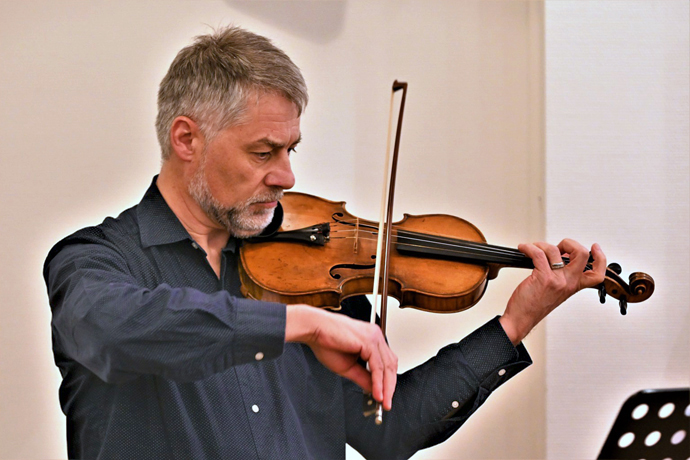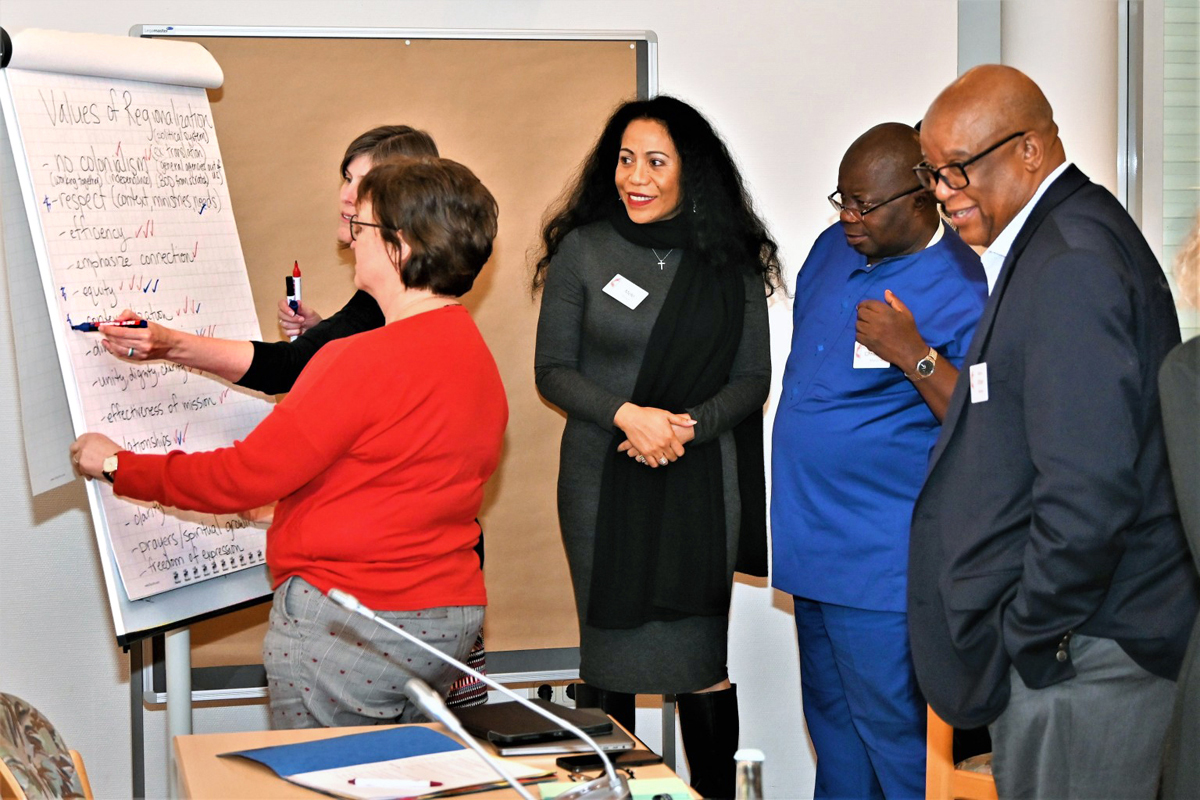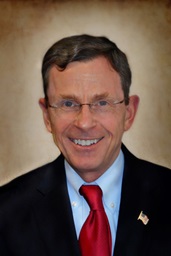Key Points:
- An international leadership body gave a boost to proposals to restructure The United Methodist Church to create parity among the U.S. and central conferences.
- The Standing Committee on Central Conference Matters is forming a task force to harmonize the Christmas Covenant and a Connectional Table proposal for a U.S. structure.
- The goal is filing a common proposal to come before General Conference delegates when they meet in 2024.
An international United Methodist body is giving fresh energy to efforts to restructure the global denomination so that its different geographic regions would each have greater autonomy and stand on equal footing.
The Standing Committee on Central Conference Matters devoted most of its first in-person meeting since 2019 to discussing such regionalization efforts. The committee met Feb. 22-26 at a United Methodist retreat center in the town of Braunfels, Germany, which dates to the Middle Ages.
The 43-member committee is a coordinating body that studies the structure and supervision of The United Methodist Church’s central conferences — church regions in Africa, Asia and Europe. The group is a permanent committee of General Conference, the denomination’s top lawmaking assembly, with authority to meet between the legislative gatherings to do its work.
Over the past few years, the standing committee has worked with the Connectional Table — another denominational leadership body — on what it means to be a globally connected denomination. The standing committee, for several years, has analyzed the inequity around the ways the denomination is structured.
The two bodies have looked at addressing what many United Methodists deem an inherent weakness in the denomination’s current organization — namely that no structure exists to deal with matters solely related to the United States. The result is that General Conference ends up being largely dominated by U.S. issues and debates.
Also unlike in the U.S., central conferences have authority under the denomination’s constitution to make “such changes and adaptations” to the Book of Discipline — the denomination’s policy book — as missional needs and differing legal contexts require.
For example, central conferences already adapt parts of the Discipline to accommodate the requirements of different property laws. Some central conferences, such as the Philippines, have different ways of credentialing clergy.
Talking about being a globally connected church, standing committee members expressed that it is no longer acceptable to have two separate ways of functioning — one for the United States and a second one for the rest of the world.
At present, there are two major regionalization proposals submitted to the coming General Conference that aim to change that.
- The Connectional Table legislation focuses on creating a structure and process for the United States to become a region like the central conferences outside the U.S. already are.
- The Christmas Covenant, legislation from United Methodists in Africa, Europe and the Philippines, includes the work of the Connectional Table and also aims to create greater equity across all regions of the denomination. The proposal also changes the name of central conferences to regional conferences to get away from negative associations with the Methodist Church’s Central Jurisdiction, which from 1939 to 1968 segregated Black churches and clergy in the United States.
Both proposals would require multiple amendments to the denomination’s constitution — a high hurdle. For ratification, amendments must receive at least a two-thirds vote at General Conference and at least two-thirds of the total votes from church regional bodies called annual conferences.

Over days of discussions, the standing committee concluded that only a joint proposal would likely get the widespread support needed to be successful. Both the standing committee and the Connectional Table, which was meeting at the same time in Atlanta, joined together online to start a rich and honest conversation about filing a common proposal.
In a unanimous vote, with only one abstention, the standing committee decided to form a task force to work jointly with the Connectional Table to form that proposal. The task force will comprise five members from the standing committee and five from the Connectional Table and ensure inclusion of Christmas Covenant members.
Before that vote, the standing committee discussed values and principles critical to regionalization in small groups and a plenary session facilitated by the committee’s co-chair, Germany’s Bishop Harald Rückert.
According to the participants, the most significant values are relationship and the worldwide connection, diversity and contextualization, equity and respect, and elimination of the legacy and practices of colonialism. Other values named were, for example, unity, dignity and charity, and a more efficient General Conference.
Struggling with a U.S.-centric agenda is not new, the committee members heard. It has been discussed since the creation of The United Methodist Church in 1968.
Since the 1990s, United Methodist have taken up discussion to rethink how the denomination is structured. Many saw that it is necessary to give regions outside of the United States more autonomy in ways not dependent on U.S. structures and priorities.
In recent years, efforts at greater regionalization have faltered as they became another battlefront in the denomination’s intensifying debate over homosexuality.
Constitutional amendments to create uniform regional conferences around the globe gained approval at the 2008 General Conference. However, the proposed amendments did not receive the needed support of annual conference voters. Thus, the amendments did not come to pass.
As recently as 2016, petitions to create a U.S. central conference and other proposed new regional structures didn’t make it out of committee at General Conference.
After the bruising special 2019 General Conference, the standing committee was initially leery to the idea of revisiting such proposals. But sentiments and circumstances have changed with the delay of General Conference to 2024 and increasing endorsements of some form of regionalization from General Conference delegates.
Central and Southern Europe Central Conference Bishop Patrick Streiff, who will retire Aug. 1, told the standing committee that the church should be different from the political divides of the world.
God’s aim is to build community and not polarization or winner-loser mentalities, Streiff said.
During the daily devotion, he led a time of small-group study around the book “Faith Working Through Love.” This resource was created and edited by The United Methodist Church’s Committee on Faith and Order and published in 2022.
“The book takes up fundamental topics of faith and tries to give impulses to start a conversation with each other,” Streiff said.
Ruof is public relations officer and spokesperson for The United Methodist Church in Germany. Contact him at [email protected] or [email protected].




